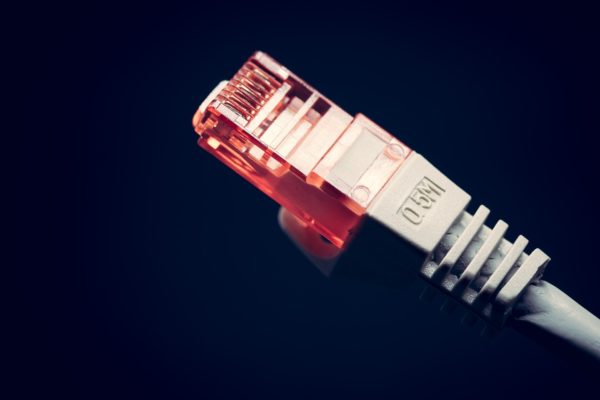For most businesses and even homes, internet access is just as important as their other utilities. Most businesses use internet access for everything from customer communication (email, VOIP, etc) to credit card processing. Without internet access, some businesses simply can’t operate. In addition to business needs, an increasing amount of home users are using the internet as their primary source of entertainment. This is due to the growth of video streaming services and social media. The purpose of this post is to highlight some of the important factors when you are choosing an internet service provider (ISP) for your business or home.
Availability
Unfortunately, this is the biggest deciding factor in rural areas. A high-speed cable or fiber connection doesn’t do your business any good if the provider doesn’t service your area. A surprising number of businesses and homeowners have just a few options, usually one of which is a satellite internet option and either some type of broadband (AT&T, Comcast, Aeneas Xfinity, etc) or 4G-LTE network (which can be surprisingly good with the right equipment and plan).
Speed
As a business, you must ensure that you have sufficient speed to not disrupt daily use, even when demand is at its highest. To some customers, speed is the most important factor when determining an ISP. They simply want the fastest internet they can get in their area. This is completely based on location and what’s offered to you as a business or consumer. The number you are looking at when comparing plans is called the “Bandwidth”. Bandwidth is simply the volume of information per unit of time that the transmission medium can sustain. Some customers get lucky and have access to fiber connections with of over 1000 Megabits (Mbps) per second while some rural businesses are stuck on 3 to 6Mbps DSL connections. Also, just because the speed is advertised, doesn’t mean that’s the speed you’ll be receiving. It’s definitely worth checking with neighboring businesses to see what kind of speed you can realistically expect.
Cost
In order for an ISP to make sense for you, it needs to have a good balance between speed and price. For example, if you’re running a small business out of your home, $1000 a month for a dedicated fiber connection probably won’t make sense for you. To some companies, the price doesn’t matter as much as the speed & reliability. The same $1000-a-month dedicated fiber connection mentioned above might be a no-brainer for a growing small business with 25 employees. As with most aspects of businesses, you’ll need to weigh the pros and cons.
Type of Connection
The type of connection has a big influence on how fast the internet “feels”. Satellite internet is notorious for seeming “slow”, despite having respectable download speeds (Up to 25Mbps on HughesNet). The reasoning behind this is sheer physics. The signal is sent from your satellite and travels around 22,000 miles out to space. From there, the satellite in orbit contacts a network center to find the requested site. That information is then sent back to the satellite in orbit and then back to you. Even at the speed of light, this process takes almost 500 milliseconds plus any additional processing time for the request, which takes place on both the server and client side. I know it doesn’t sound like much, but adding an extra 1/2 second to every action makes it seem so slow if you’re used to a traditional connection. By contrast, even the latency on 4G-LTE signals is around 100 milliseconds versus 400+ milliseconds for satellite connections. Other connections, such as Fiber, offer much lower latency, often under 20 milliseconds.
Reliability
Reliability is likely the biggest factor, especially for business customers. Having unreliable internet is stressful and counterproductive. If you are in an industry that can’t risk internet service interruptions, it’s wise to consider an ISP that offers a Service Level Agreement (SLA). SLA’s are service contracts that specifically state how reliable the connection should be. Customer Services goes hand-in-hand with reliability. Regardless of how good the connection is, something will one day go wrong. Whether it’s dying hardware or a physically damaged line, it’s extremely likely there will be issues one day. Good customer service is a measure of how fast they can help get you back up and running. Most businesses can’t wait several days for new hardware to be shipped to them. They require a higher level of service and a good service provider understands that.
The ISP choice is probably the most important decision related to the connectivity of your home or business. Hopefully, this article will shed some light on the various factors that should play a role in the decision. If you need any assistance, the networking and technology experts at SandStorm IT can help you out. We can be reached at 901-475-0275.

